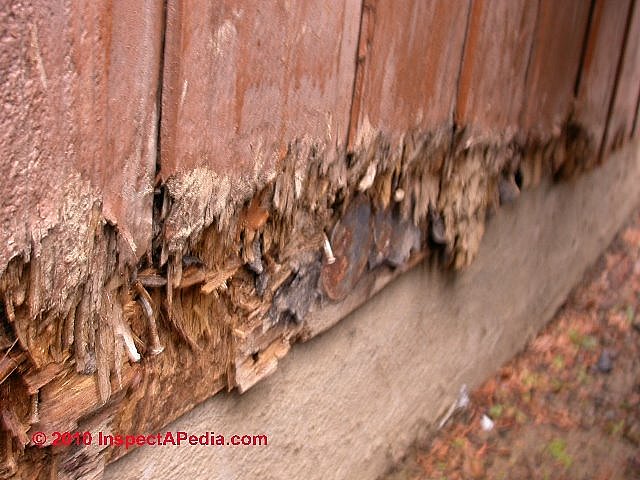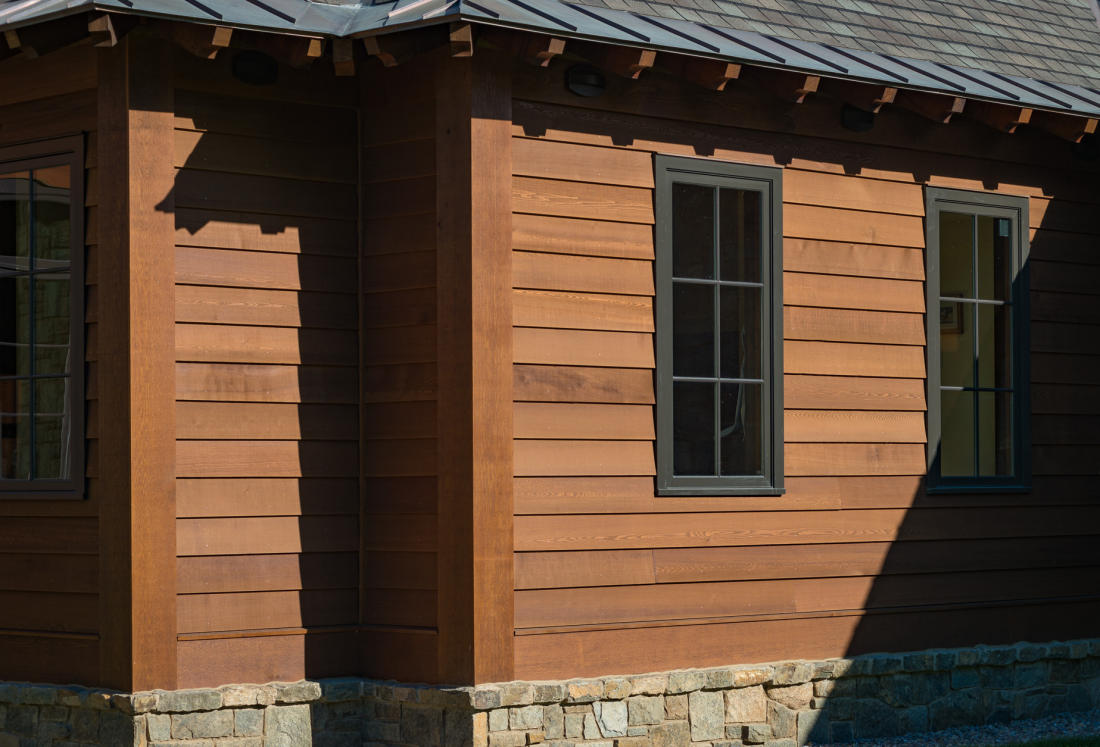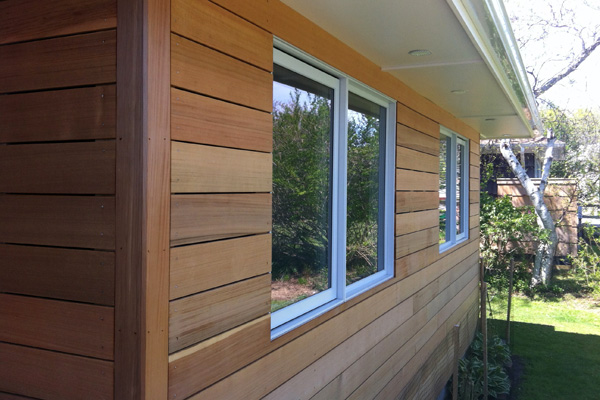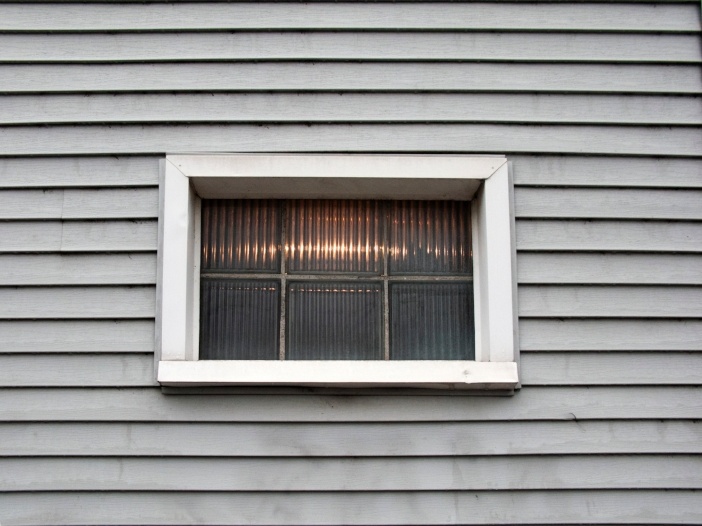Avoid Splash On Wood Siding

In our case splash planks are treated to a minimum uc 4a standard making them acceptable and appropriate for a lifetime of use in contact with ground.
Avoid splash on wood siding. Shovel about 3 inches of dirt up against the foundation of your home. If looks of the splash plank is an issue my suggestion is to paint or stain it prior to installation. It occurs to me people get concerned about the look of the splash plank as it ages. Water puddles near the house especially right after a heavy rain.
If your grade is level with the siding install a drip edge level with the mulch. That said if you do want to go with a wood siding take the proper precautions with waterproof siding to protect it against excess moisture. This article series discusses best practices construction details for building exteriors including water and air barriers building flashing products installation wood siding material choices installation vinyl siding stucco exteriors building trim exterior caulks and sealants exterior building adhesives and choices and application of exterior finishes on buildings. When more water drips from the roof these puddles splash often onto your clean.
Vinyl is at less of a risk of rotting and it is a very affordable option. Yes it will turn gray over time. Alternatively you may put decorative gravel around the house foundation. This exposed treated wood is ideal for pouring aprons landings sidewalks and driveways against and it keeps concrete from being in contact with your building s steel siding and trims as either of them will decay with direct contact to chemicals in concrete.
The slope helps rain splash away from your house. It s also perhaps the most popular siding option on the market. Xxx exterior wood rot is most common where there is excess water due to splash back or standing water. Wood siding that has many vulnerable areas and is left unsealed will surely be susceptible to rot and water damage.
Extend the gravel 24 inches away from the window base and foundation in a layer that s 2 to 3 inches thick. Avoid using plastic sheeting as a ground cover. Splash back is common where rain water bounces off decks or the first step below doors. The wood rot went through the clapboard siding and required new plywood sheathing insulation and sill plate 6 foot section in addition to the siding.
Large particle gravel is less likely to be washed or moved by the falling gush of water from the roof during a storm. Leave a 1 2 gap from the top of the edging to keep mulch from touching the siding.














































